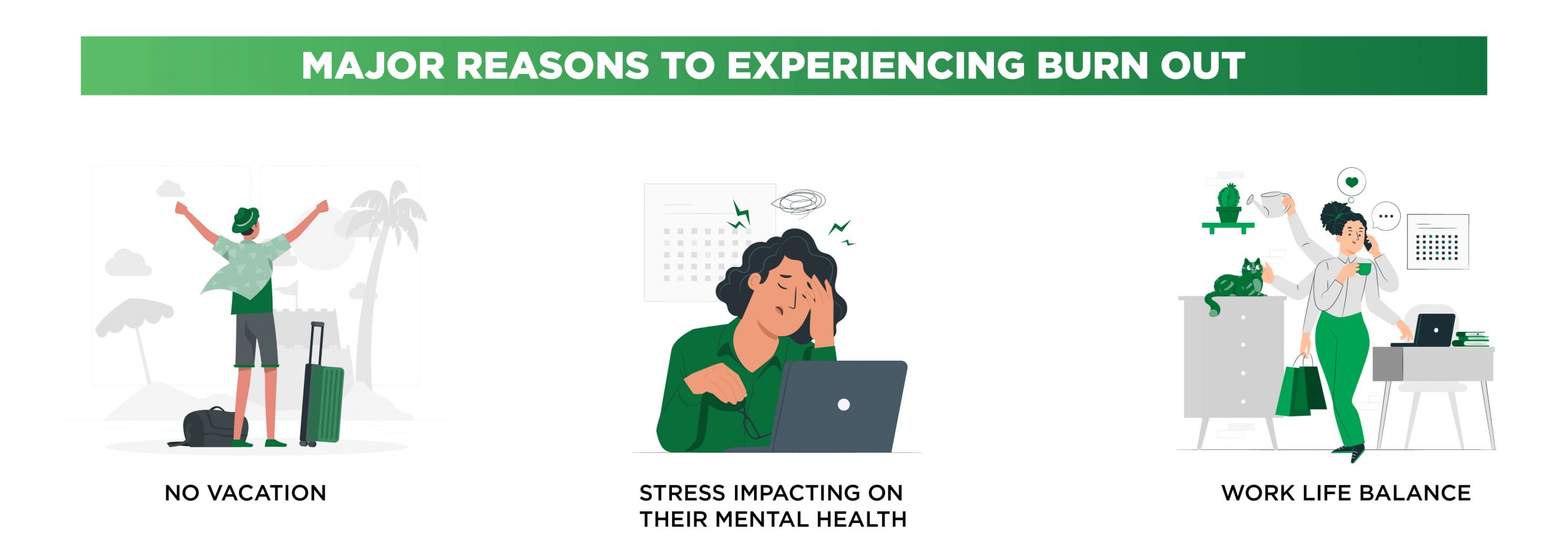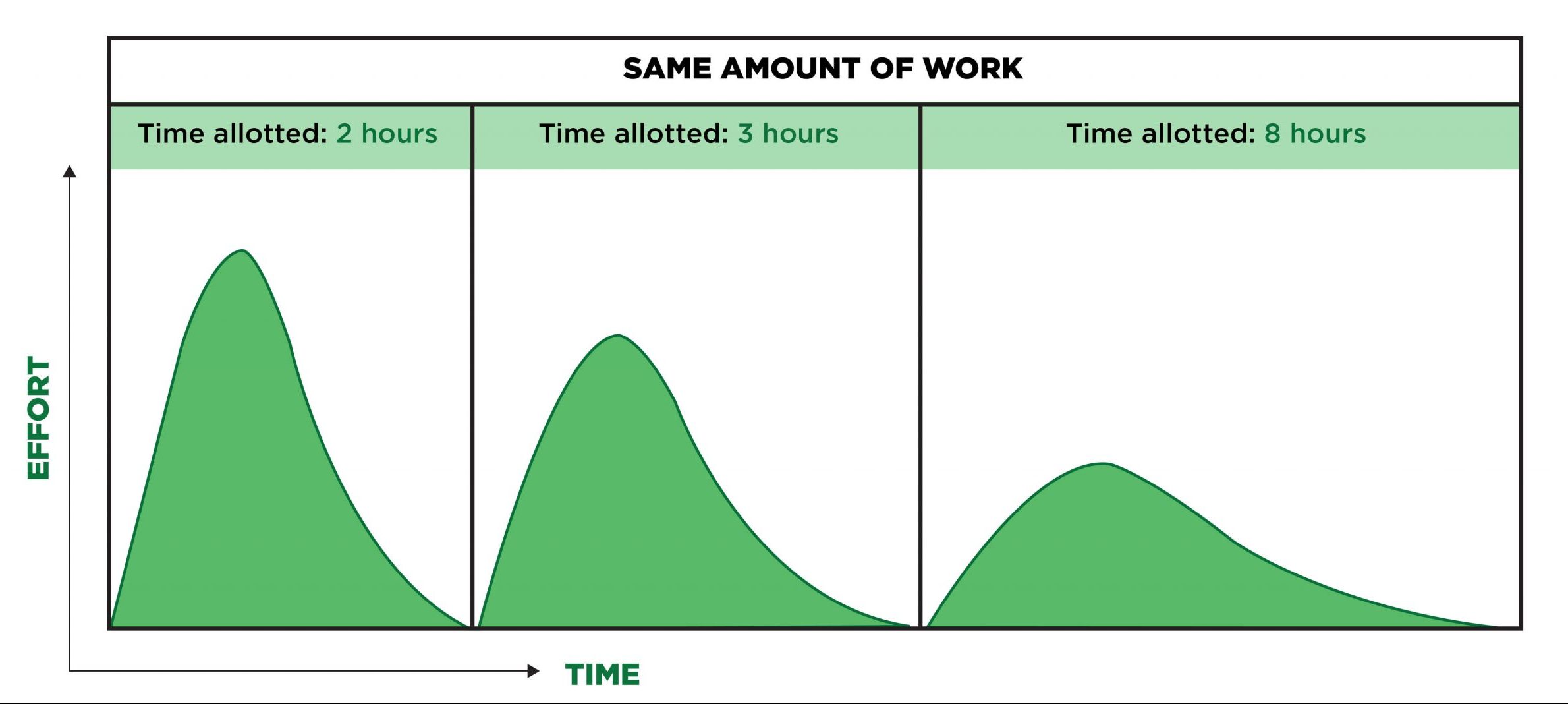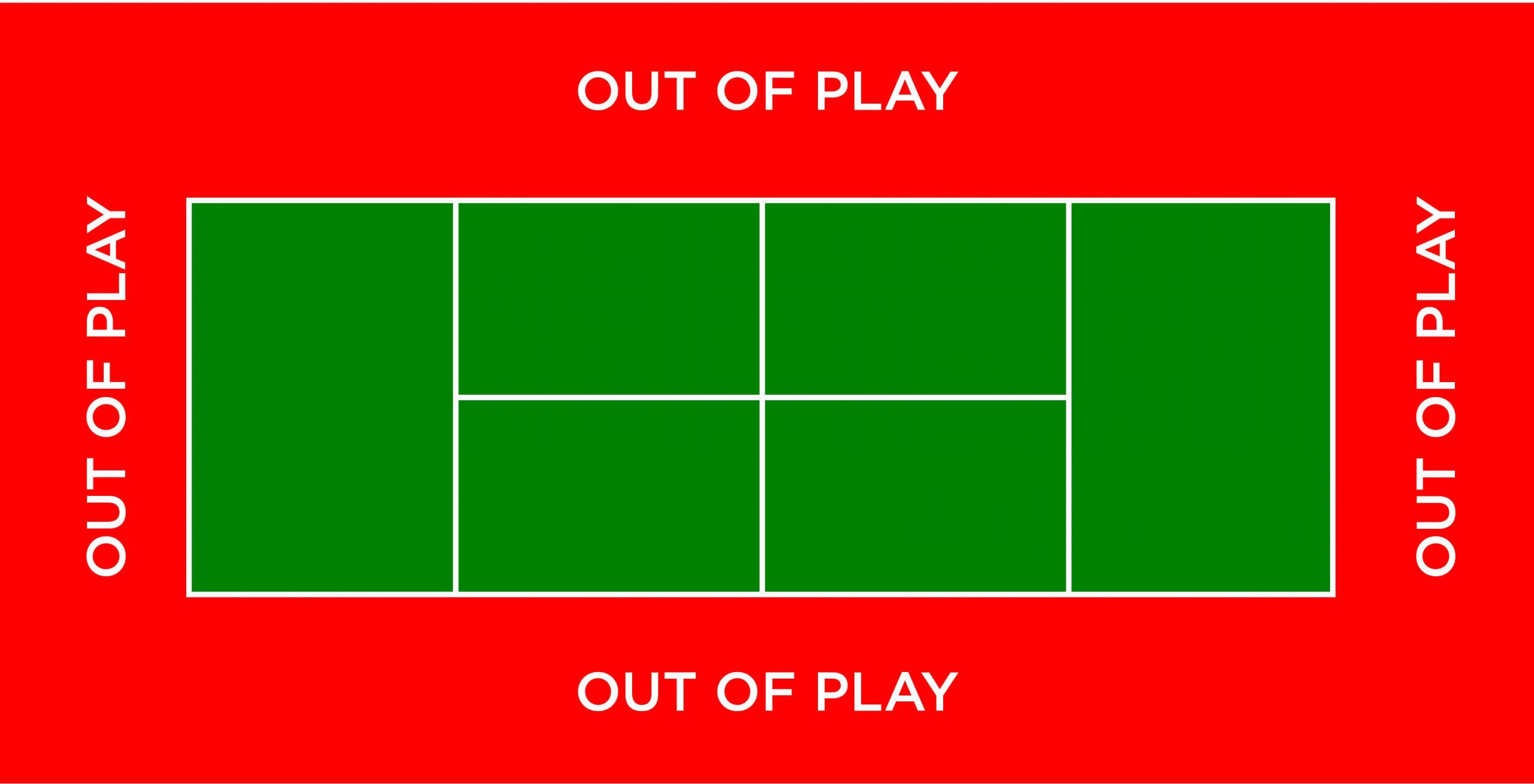According to an article published on Forbes 2022, 42% of business owners report experiencing burnouts and some of the major reasons are:
- No time for a vacation.
- The stress of the changing market demands impacting their mental health and,
- The lack of Work-Life balance.
So, the question that we need to ask ourselves as business owners are,

How do you avoid Burnout?
Traditionally small business owners, especially trades/field service business owners are told they need to work harder and work longer to get the work done. Does this sound familiar to you?
In contrast to this, larger businesses introduce systems, processes, software and other resources to address work overload, so they can work smarter. Come to think of it, how can you use this big business approach in your small business?
Let’s talk about the Parkinson Principle!

Parkinson’s Principle
Parkinson’s Principle states that “Work Expands To Fit The Time Available For Its Completion”. We have all experienced it, you have a project to complete and when the clients give you a week to do it, you finish it just in time. While on another scenario if another client gives the same task with a one-day deadline to get it done….. you’ll eventually get it done. It does sound familiar? Doesn’t it?
Now this only works to a limit, there is a minim time it takes to do anything properly, but are you really working at your full effectiveness on what really needs to be done all the time? – I know that I’m not, as I write this article I have twice been distracted by several “interesting” articles in my online research process, that have distracted me from what I really should be working on.
So why don’t you use Parkinson’s Principle in your favour? Let’s start with defining some constraints on when you will work. For example
- I will only spend 3 days working on the tools and 2 days doing administration and working on the business.
- I will stop working by 5 pm every weekday to have dinner with my family.
- I won’t work on Sundays.
A simple warning before you make these constraints- Don’t make too big a step, you can’t go from an 80-hour workweek to a 10-hour workweek in one step, but you can over time..… well that’s a different conversation for a different time. For now, let us have a conversation about Tennis.
What about Tennis?

What are your Boundaries?
Spend 15 minutes thinking about what your boundaries are, here are some examples from people just like you:
- Stop working after dinner/at night.
- Stop making/answering phone calls after 5 pm.
- Stop working on the weekends.
- Take a week off and physically move away from your business every quarter.
These boundaries are unique to you and it is an initial stage of evolution that your business is at. Decide upon what your boundaries are and start making small steps to achieving them.
For example, your current routine of working all day on Saturday and taking a couple of hours from your Sunday could be changed. The small step that you take is not to work on the weekends.
You cannot make the change immediately as humans are bound to habits, but you can take the steps:
Step 1 is to stop working on Sundays.
Step 2 is to stop working past midday on Saturday and,
Step 3, the final step, is to stop working on the weekends.
At each step, you will be using Parkinson’s Principle to start to work smarter not harder.
But what about the work I can’t get to?
Sure you won’t get to everything, but do you need to? Some of the things you are doing aren’t important nor urgent, so why do them, just let them go. This will free up some time.
What is important and urgent? These are the important tasks that you need to be focused on, prioritise these first and you will find you will be more productive, to achieve this you need to:
Eliminate distractions – We’ve all been there, doing an important task, and the phone keeps ringing every 10 minutes. In the end, the job takes 3 or 4 times as long to complete. Just by not answering your phone you can get more work done.
Innovate – What if you outsourced your work? Let’s say outsourcing answering your calls to a virtual call centre. You could now focus on the work while someone else answers the everyday calls, this way calls such as asking for a quote or booking in work can be dealt with efficiently. In return, the cost of this service gets paid off every day by the amount of extra work you get done
Batch your work – By now you will realize that the get 2-3 hours you took returning all the calls are now being batched out and completed in less than an hour. Which mean more work is done in less time giving you more time to spare and more money to make. You are creating infinite happy days for yourself!
Automate – You could also look deep into automating your work. There is software available that can reduce the time that you take to do certain tasks. The i4T Business software can reduce the time taken to manage your business by:
- Allowing you to keep all your client contact details in one location.
- Keeping the job information all in one place – you can see what was quoted and any relevant photographs on your mobile phone rather than searching for a scrap of paper somewhere in the office.
- Automating the customer communication process so you don’t have to call the client as often – it just happens.
- Schedule work in one location so you never double book yourself or your team.
- Invoice while on-site rather than waiting until “later” – and for most solo operators the word ‘’later’’ often refers to working at night or on weekends when you shouldn’t be working.
- Enable payment while on-site so you don’t have to chase debts.
Tennis, Boundaries, Burnouts! I’ve said what can be done and how it can be done within the short time I had with you. I’ll leave the rest up to you to decide, but keep remembering that working harder and longer doesn’t always have to be the way you choose to go! Change it up and work smarter with the tools at your disposal.
Hot off the press!

With our cutting-edge technology and in-depth knowledge of how the Field Service Management sector operates, the i4TGlobal Team loves to share industry insights to help streamline your business processes and generate new leads. We are driven by innovation and are passionate about delivering solutions that are transparent, compliant, efficient and safe for all stakeholders and across all touch points.









